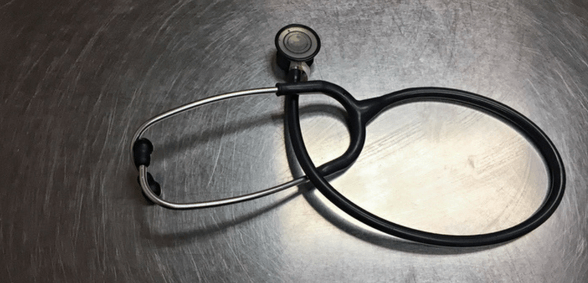
Following extensive discussion of Dr Hadiza Bawa-Garba’s case at UK Council on Friday February 23, RCGP chair, Professor Helen Stokes-Lampard has made this statement:
Dr Bawa-Garba’s case has shaken the entire medical community in the UK – it is now essential that lessons are learnt from this case, and are used to shape the future of medical practice in the best interests of NHS staff and patient care.
We must never forget that at the centre of this tragic case is Jack Adcock, the child who died, and first and foremost our thoughts are with his family. But the case has also caused considerable anxiety for GPs, particularly GP trainees, who are worried about the repercussions of the ruling and how it might affect the way they practise in future.
Patients need good, safe doctors, but in order to continuously improve, doctors need the freedom to reflect openly and honestly on the care that they deliver and the systems within which they work.
The implications for general practice, specifically, are significant given that we work independently, largely on our own, seeing the greatest number of patients on a daily basis in the health service. We do this without effective mechanisms to control our increasing workload, and a vital part of our role is to deal with uncertainty and manage risk on behalf of the NHS.
It is essential that supportive systems are in place for GPs and our teams to recognise and report errors that occur, and reflect on them so that we can learn and take steps to reduce the chance of them happening again. RCGP Council is very concerned that instead of promoting an open culture focussed on learning from errors by improving systems, the unintended consequence of this tragic case could be regression to a blame culture.
We have shared guidance with our trainees on how to reflect in the safest possible way, and we stand by our advice that reflecting openly and honestly is an essential part of GP training and continued professional development – as well as the best defence for doctors, if they do make mistakes. We will also be looking at our own processes, to make sure we are providing the best possible pastoral support we can for our members.
Furthermore, this case has drawn attention to the enormous pressures that doctors and their teams are operating under in today’s NHS.
GPs are frequently working in challenging environments, at the frontline of the NHS, and errors are more likely to be made in an under-resourced, overstretched workplace.
We believe that this is a time for the medical profession to unite and the College is standing with the Academy of Medical Royal Colleges and Conference of Postgraduate Medical Deans in calling for the resources to ensure that all doctors in training have adequate, high-quality clinical supervision, and that safe staffing levels and functioning systems are in place right across the NHS.
It is important that all doctors have confidence in the organisation that regulates them, and to this end we will be working constructively with the GMC to ensure it is sensitive to the concerns of GPs, and that steps are taken to restore the confidence that has been lost.
There was considerable concern at Council over the GMC’s approach to Dr Bawa-Garba’s case, and the way it was handled, and the College will be raising this with the regulator directly.
It would not be right for us to comment on the judicial process and verdicts, but we have welcomed the Government’s review into cases of gross negligence manslaughter. We will be responding to this and hope the conclusions from this investigation will help us all work together to improve our health system for patients and staff throughout the NHS, both now and in the future.
Don’t forget to follow us on Twitter, or connect with us on LinkedIn!

Be the first to comment